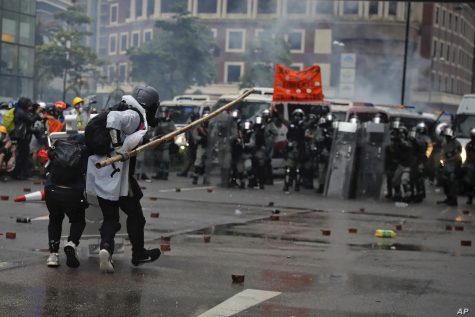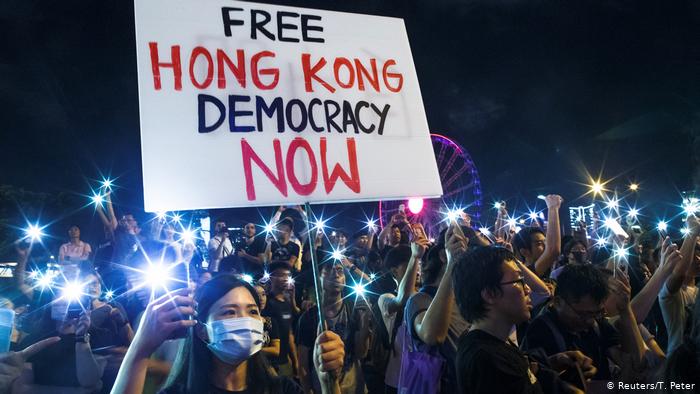What You Should Know About the Hong Kong Protests
Over the course of last week, The Hong Kong Polytechnic University has become the latest battleground in the protests as students blocked the roads leading to the college. Some protesters held binoculars, others armed themselves with an array of weapons, including bows. Other universities across Hong Kong have become battlegrounds as well. A city in chaos, the Chinese central government have indicated it believes the protests have been the “worst crisis in Hong Kong” since 1997 when the United Kingdom handed over Hong Kong to China. With at least 10 deaths and over 2,000 injuries, the 2019 Hong Kong Protests have completely shaken Hong Kong; but how has it escalated from a debate about an extradition bill to a clash between police and protesters with no sign of dying down? Here’s everything to know about the 2019 Hong Kong Protests.
The 2019 Hong Kong extradition bill covers mainland China and other jurisdictions not currently in an extradition agreement with the city. The proposal of the bill started when a man from Hong Kong was accused of murdering his girlfriend in Tawain. He was convicted in Hong Kong for money laundering; however, he could not be sent back to Taiwan to face the charges because there is no legal system that allows it. The extradition bill would allow Hong Kong to transfer people to other countries in hopes of ensuring the city won’t become a haven for criminals.
While this seems like a just proposal, those opposing the bill express concern that it could allow anyone from Hong Kong to be picked up and transferred to the mainland. There, they would face China’s legal system, a system the U.S. state department referred to as “capricious”. Another concern with included the law is that it would apply not only to citizens, but also those passing through on business or tourist trips.

The reason why the bill has raised so much alarm, however, comes down to the center of government. China, under President Xi Jinping, has received criticism for a series of moves people believe are eroding Hong Kong’s way of self-government. These moves have included barring activists seeking office and banning a pro-independence political party. The attention of Hong Kong’s undergoing changes has reached outside of the country as well, with the U.S., Canada, and other nations expressing concern. With the expressed views, China’s government has amended the bill to ensure every suspect will receive a fair hearing. Other amendments have also been made to the extent of crimes the bill covers, such as narrowing the law to serious offenses.
The bill was eventually said to be suspended indefinitely after protests in the streets, but many feared the bill would be brought back, so demanded it be withdrawn completely. Eventually, protests escalated to fights between police officers and protesters. Over the course of the summer, protesters stormed parliament and took action at Hong Kong International Airport. In September, the bill was finally withdrawn, but the protesters responded to the motion with the words “too little, too late”.
As the protests continue, demonstrations have been met with an increasingly high level of violence. Some protesters have adopted the motto “five demands, not one less!” The demands are for the protests not to be characterized as a riot, a pardon for arrested protesters, an inquiry into alleged police brutality, a universal right to vote, and the withdrawal of the bill, the latter of which has already been met.


